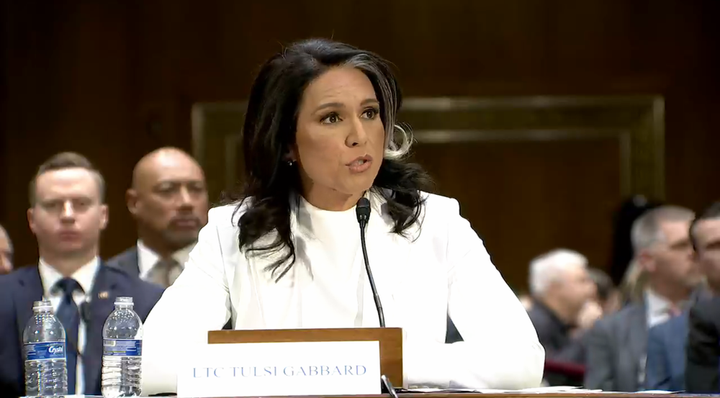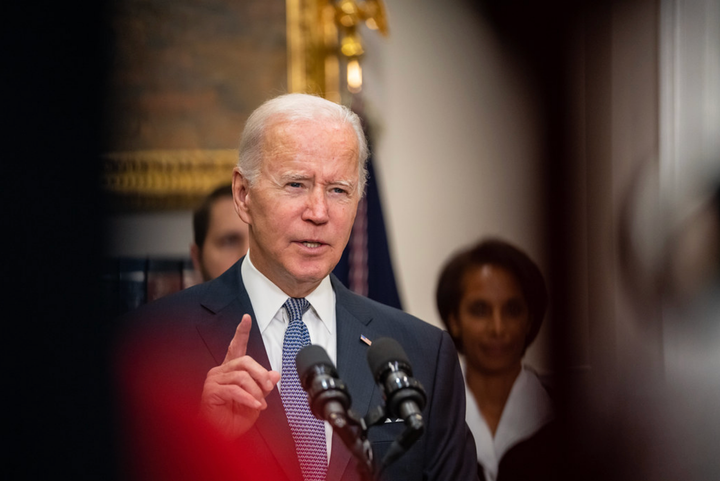Canadian Tribunal Upholds Government Decision To Ban Chelsea Manning

The following post was produced for paid subscribers. It was unlocked a week later for all readers.
A Canadian tribunal that issues decisions related to immigration and refugee applications upheld the Canadian government’s ban against US Army whistleblower Chelsea Manning entering the country.
The ruling was released by the Immigration and Refugee Board on April 8, and Manning’s lawyers plan to appeal the decision to the Federal Court.
On September 25, 2017, Manning attempted to enter Canada and was notified that she was not authorized because in 2013 she was convicted in the United States of violating the Espionage Act as well as the Computer Fraud and Abuse Act (CFAA).
“If committed in Canada, this offense would equate to an indictable offense, namely treason,” a document given to her stated. It pointed to a section of the Canadian criminal code and indicated the maximum penalty for violating the law is 14 years in prison.
The Canadian government denies entry to “any foreigner with a conviction for crimes that would be punishable with a prison sentence of 10 years or more in Canada.”
In 2010, Manning disclosed military reports from Iraq and Afghanistan, detainee assessments from Guantanamo Bay, and a massive cache of US State Department cables. She also revealed a video of a 2007 Apache helicopter attack in Baghdad. The files were provided to WikiLeaks.
According to Adrian Humphreys of the National Post, IRB adjudicator Marisa Musto concluded Canada’s law against computer fraud was “aligned enough” with the CFAA in the United States to “consider Manning’s conviction a serious enough violation to preclude her entry into Canada.”
A person guilty of unauthorized use of a computer in Canada may be sentenced to 10 years in prison.
The IRB held a two-day hearing in October 2021, and Manning’s lawyers argued Canadian whistleblower protections would have allowed her a public interest defense. But Musto disagreed
As the Toronto Star reported, Musto called the release of documents a “data dump.”
“Unlike the war logs which, despite being voluminous, were directly related to the activity of the US in the wars in Afghanistan and Iraq, it has not been demonstrated that all or even the bulk of the diplomatic cables Ms. Manning accessed and downloaded or that she was convicted of disclosing were in relation to the war on terror or to serious abuses and violations she felt it was necessary to expose,” Musto stated.
Musto suggested it was “difficult to conclude that in order to protect the lives of Afghan and Iraqi civilians and detainees it was necessary for Manning to obtain cables pertaining to entirely unrelated matters,” like for example a cable about Canadian television stereotypes of Americans.
Joshua Blum and Lex Gill, Manning’s attorneys, described the IRB’s decision as one filled with “legal errors.” They argued the provision was interpreted in a manner that was “overbroad" and criminalized whistleblowing.
Yet despite losing, there were positive aspects to the IRB’s ruling. Humphreys reported, “The IRB rejected the Canada Border Service Agency’s ‘alarming argument’ that releasing information to the media could constitute communication to a foreign entity or terrorist group.”
For what it’s worth, US military prosecutors argued Manning aided terrorists, particularly al Qaida, when she released documents to WikiLeaks. But a military judge acquitted her of the charge of “aiding the enemy” at her trial.
Musto disagreed with the Canadian government’s claim that the Security of Information Act of Canada was similar to the US Espionage Act.
“Under Ottawa’s position, any public reporting by news media of whistleblower information that could be read by a terrorist or foreign government was liable to prosecution,” Humphreys wrote. “Instead, Musto said the obvious intent was to punish direct and purposeful leaking to these groups, not incidental.”
The IRB rejected this position. “Disclosing documents to Wikileaks would not constitute an offense in the Canadian statute. In order for the Canadian offense to be committed, the information must be communicated to a foreign entity or terrorist group. The [immigration minister] has not established that WikiLeaks is either one or the other.”
It is unclear from Canadian news media what statements about WikiLeaks were made to the IRB, but it is remarkable that the adjudicator did not claim WikiLeaks is a non-state hostile intelligence agency. That is the official position within much of the US government, and the Justice Department is still pursuing WikiLeaks founder Julian Assange’s extradition for publishing documents from Manning.
Musto said the Canadian government’s handling of Manning’s immigration file was “somewhat puzzling.”
Previously, Humphreys reported that the Canadian government urged the IRB to allow Manning to attend the hearing last October so they could deport her when they won.
“The purpose of a removal order is to compel an individual who is found to be inadmissible to leave Canada. Should the [IRB] issue a removal order against an individual who does not attend their hearing from a location in Canada,” the government argued.
Musto saw through this preposterous request from Sean Fraser, who is the immigration minister. She made it clear the law was intended to prevent people barred from the country from being there.
An individual did not have to be in Canada for the government to enforce an IRB decision, especially since the ruling would also mean Manning could not travel to the country for speaking engagements or to visit friends, and that would require enforcement.




Comments ()